Opinion
Top down
In the absence of locally-elected bodies, the govt will have to work twice as hard to ensure that relief reaches those who need it most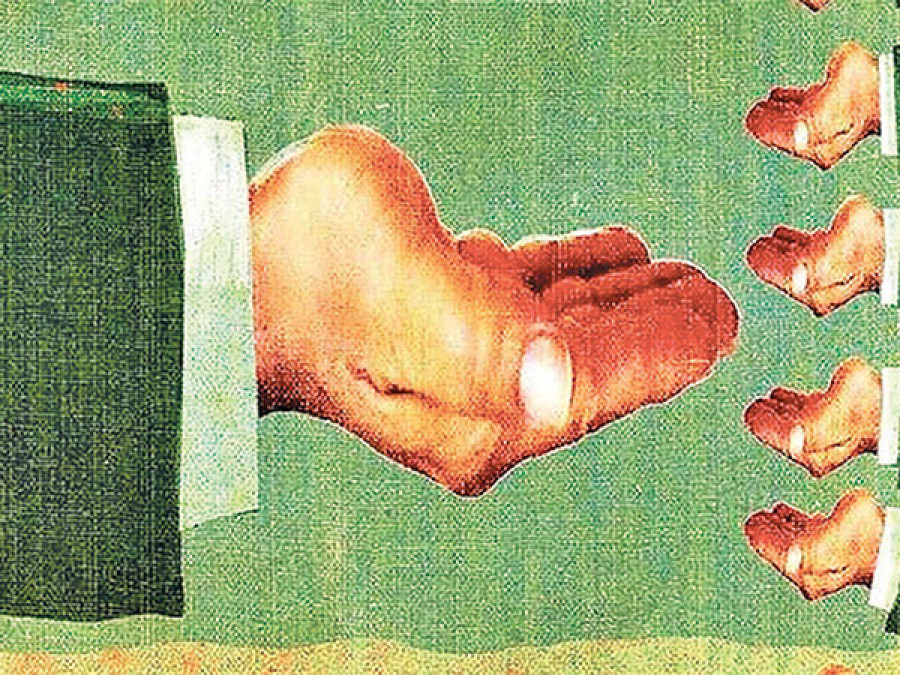
Pratichya Dulal
The slow pace of rescue work in the aftermath of the Great Earthquake has left many victims in the lurch. Even though there is news of relief teams and materials pouring in from all over the world, it has not, as of yet, reached those who are eagerly awaiting it.
Inefficient and unprepared
It is now the seventh day since the monstrous quake jolted us all out of our safe cocoons. As a result, thousands of people have been rendered homeless and over 5,000 are dead. The government, however, has not been able to do anything apart from setting aside a relief fund of Rs 1.5 billion. It has also admitted to not having trained personnel and tools for rescue work and hence, has asked for help from other countries.
We are just into the early days of the disaster and the inefficiency of the government has already begun to show. Of course, when a disaster of such magnitude strikes at a time where both the people and the government are not at all prepared, it takes time to get work done in the right way.
But if history is any indication, the Nepali government is ill-prepared for any kind of disaster. If the government is to tackle this recent catastrophe in the same manner as it did the swine flu outbreak in Jajarkot and the flood disaster that swept the Mid West less than a year ago, we can only imagine what will happen to those who have been seriously injured, and the ones who have lost their homes.
No one to hold accountable
There are many reasons behind the government’s inefficiency in handling such a series of catastrophes and one of the main ones is that a very important mechanism of the government is missing. The government has been functioning without its pillar—locally elected bodies—for the last 18 years.
Rescue and relief work in the absence of locally accountable bodies is tenfold difficult, as there is no one to take responsibility. The void of local bodies has become even more stark in this time of crisis, as many youths who are not skilled or trained as rescue volunteers looked confused as to what to do and where to turn to with no one around to direct them.
In the disaster-hit districts of Sindhupalchowk and Gorkha, where roads have been wrecked and all means of communication have been cut off, the situation is even more chaotic. Had there been locally-elected bodies in this time of crisis, they could have helped ensure some level of calm by taking quick decisions. Timely information and decisions could have saved a lot more lives.
There is also news of leaders in the all-party mechanism, formed to fill the vacuum of locally-elected bodies, jostling to get tents, apparently the most-needed relief good as of now, for their own constituencies. This was the case during the flood disaster as well. A locally-elected body is arguably far more accountable, if only for the fact that local leaders know that if they do not deliver, they will not be elected the next time around. But the all-party mechanism does have any such fear and the rule of might over normal democratic norms prevails. Moreover, mistrust has replaced humanity since the decade-long Maoist conflict.
With their leaders inaccessible here in the Capital and not really keen to go to disaster-hit areas and no around them with enough power to take decisions, the people are left with no one to look up to. In the absence of properly-appointed persons to speak on behalf of the victims, they are left waiting for the distant government at the centre to come to their aid. But we know that this top-down system has been tried and tested and labelled not applicable in a democratic setup, because only a fraction of resources trickle down to those who actually need them.
The help they deserve
Local bodies had been formed to address the inefficiencies of the top-down system with a bottom up approach, as locals know best what resource they need and how best to use it in relation to their geography and culture. The absence of these locally-elected bodies is going to be felt more keenly during the rehabilitation process, when roads, houses, schools, and hospitals, along with other destroyed infrastructure, will have to be rebuilt. Too many people might try to stake their claim in the process, as in the case of distribution of tents among their own constituencies. There are ample possibilities of people being politically biased in other phases of rescue work and relief distribution too.
In any case, rebuilding communities with the help of locals in charge of spearheading the work will be more effective and could also cost less as locals can mobilise other locals and reduce expenses. Still, chances of corruption remain, as no one is really accountable to anyone else. For this reason, the government that is functioning without one of its primary democratic mechanisms has to try and find measures to tackle this part and work twice as hard to cover for this inefficiency, just so that the people who have been hit hardest by this massive destruction get the relief they deserve.
Dulal is a reporter with the Post




 6.12°C Kathmandu
6.12°C Kathmandu

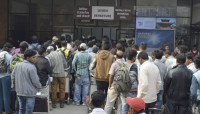
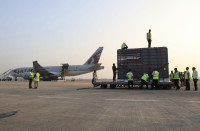
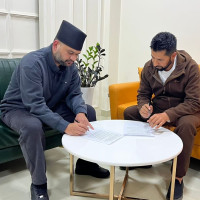
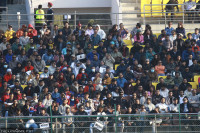
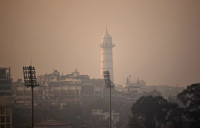



%20(1).jpg&w=300&height=200)

